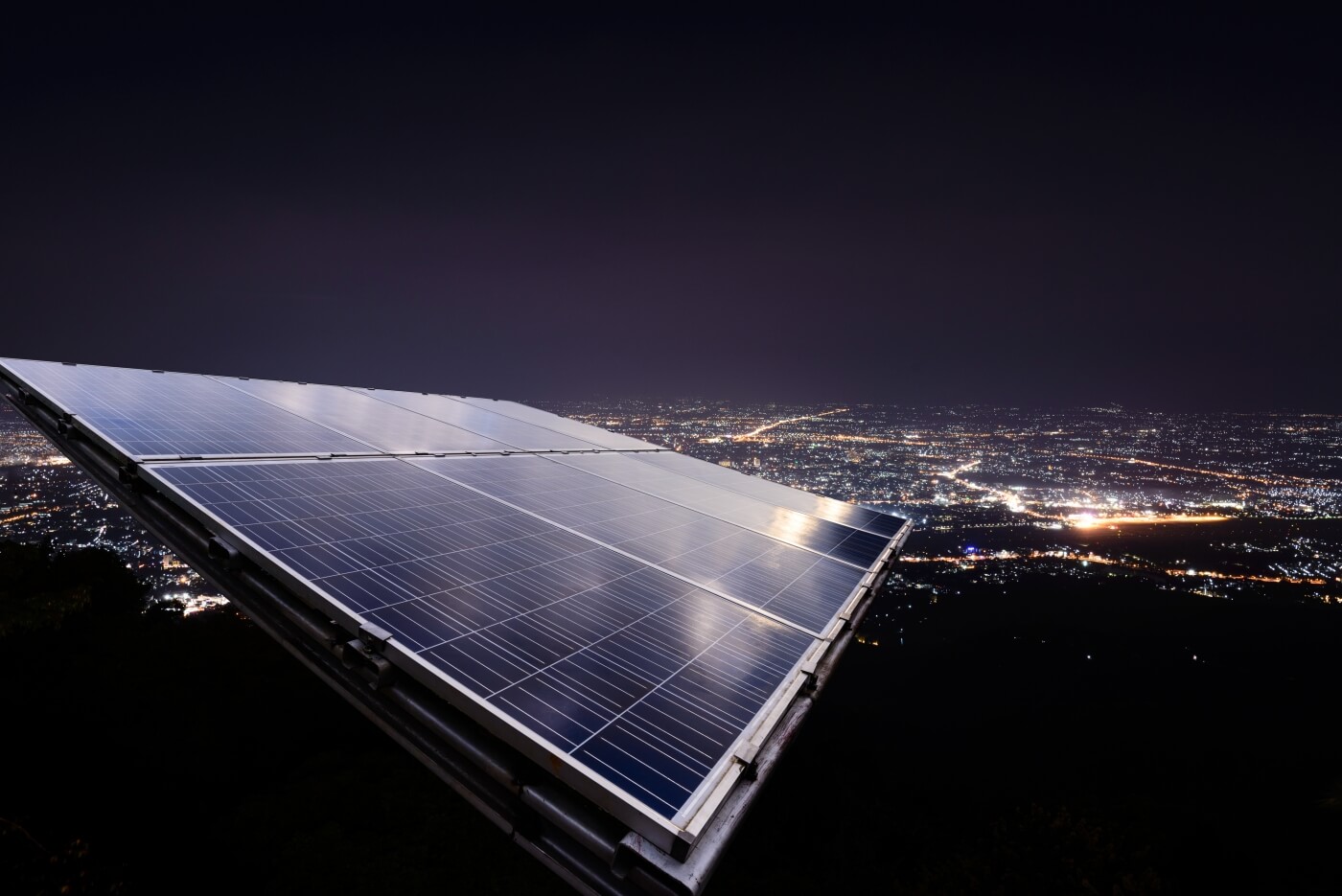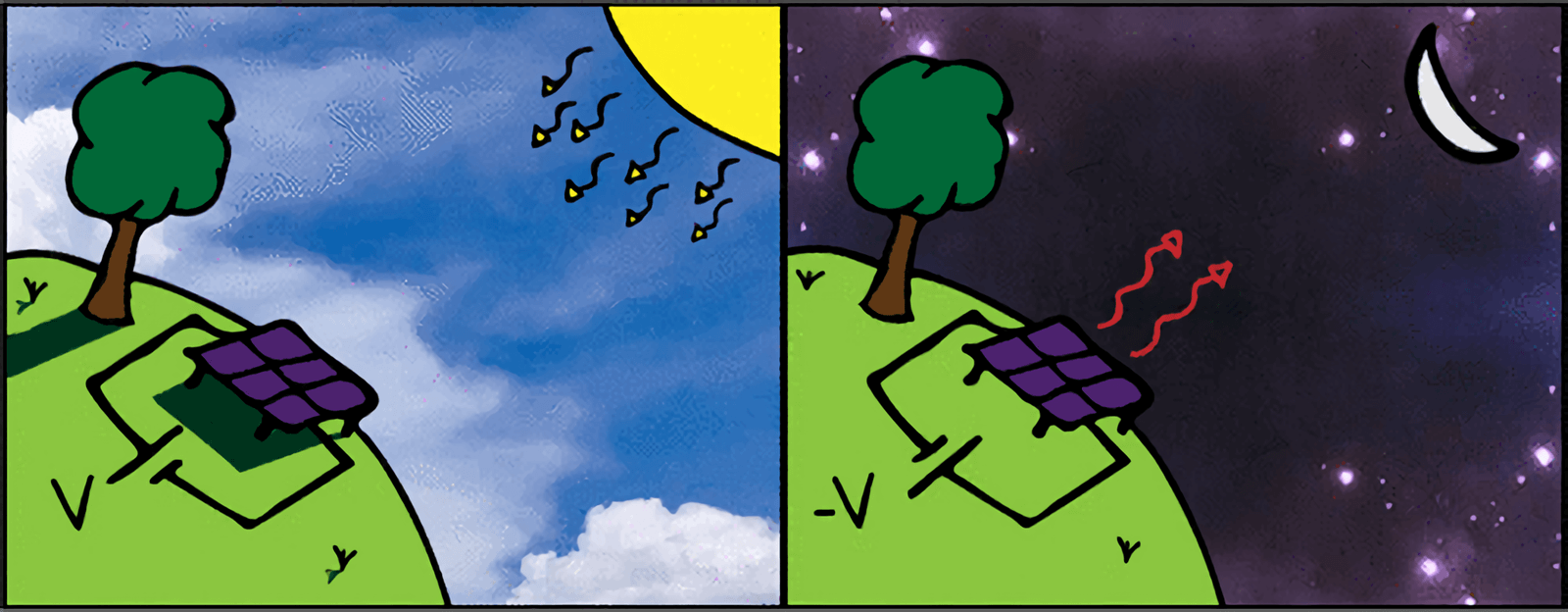In a nutshell: As you might have guessed, it’s not as simple as repurposing existing solar panels. Traditional panels use photovoltaic or solar cells, to absorb light from the sun but these new panels would rely on thermoradiative cells – perhaps made of mercury alloy – to get the job done.

Researchers from the University of California, Davis, are developing solar panels that could effectively generate energy from dusk till dawn when traditional panels aren’t up to the task.
Conventional solar panels work because, compared to the sun, they’re cold. Thus, they’re able to pick off energy (sunlight) being transmitted from the sun to the Earth. When the sun goes down at night, however, they can no longer do their job. For most operations, this means falling back on energy stored in batteries or switching over to grid power.

These new nighttime, or “anti-solar panels,” essentially operate in reverse. Instead of the sun being the hot body and the Earth being the cold body, with these new panels, the Earth is the hot body and space is the cold body. By pointing the panels away from Earth, researchers propose that they could capture invisible infrared light leaving our planet and convert that into energy.
These anti-solar panels could generate about a quarter of the power that a traditional panel generates during the day, we’re told. That’s not terribly efficient, mind you, but it’s essentially free energy once you eclipse the break-even cost and it could help fill the solar gap that happens each night.
Masthead credit: Solar panel by itman_47
https://www.techspot.com/news/83856-anti-solar-panels-pointed-space-could-generate-power.html